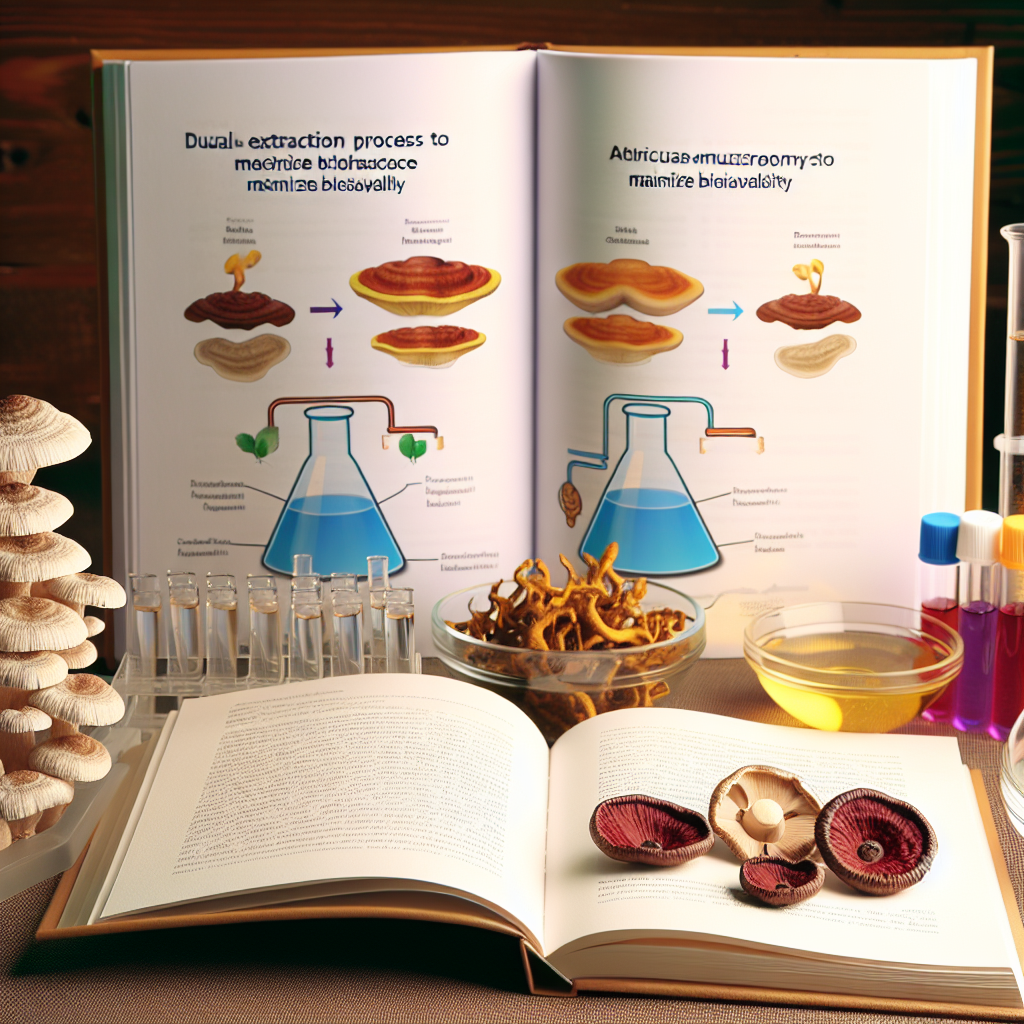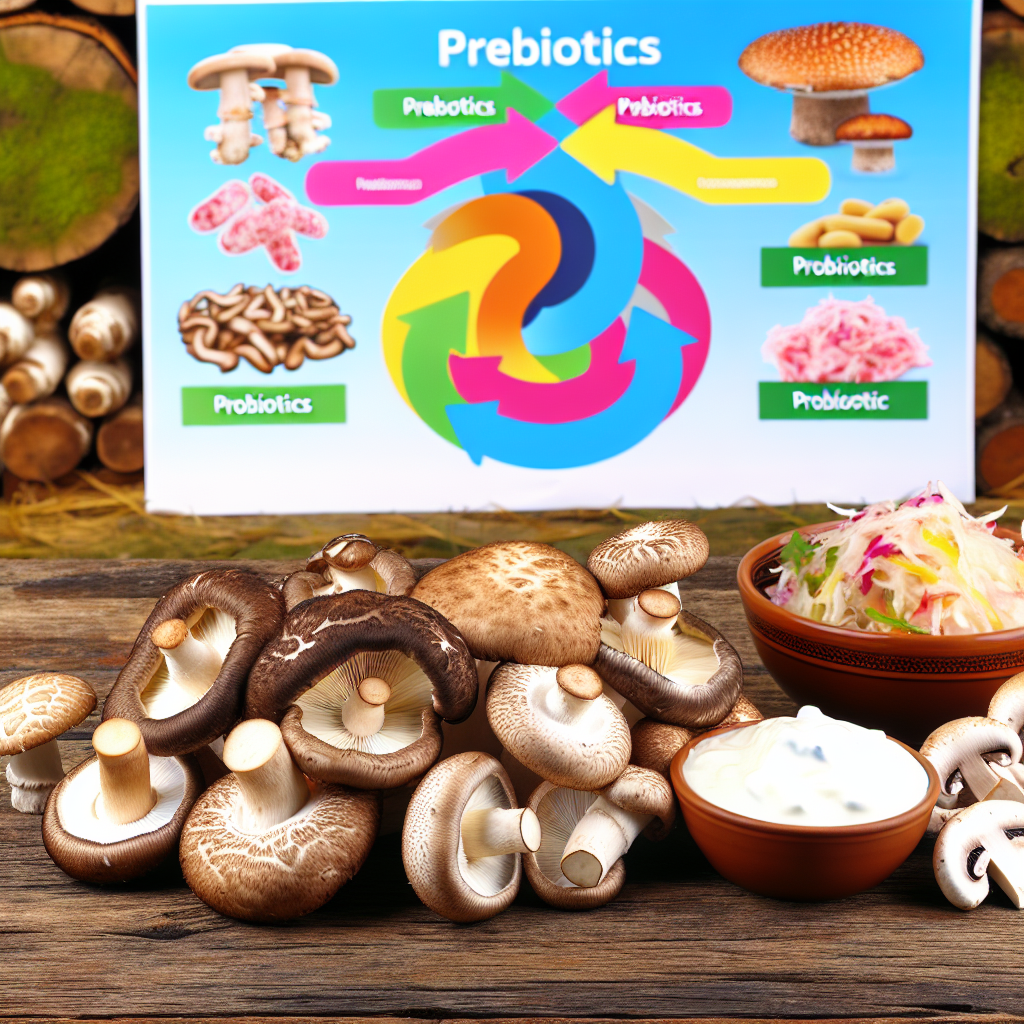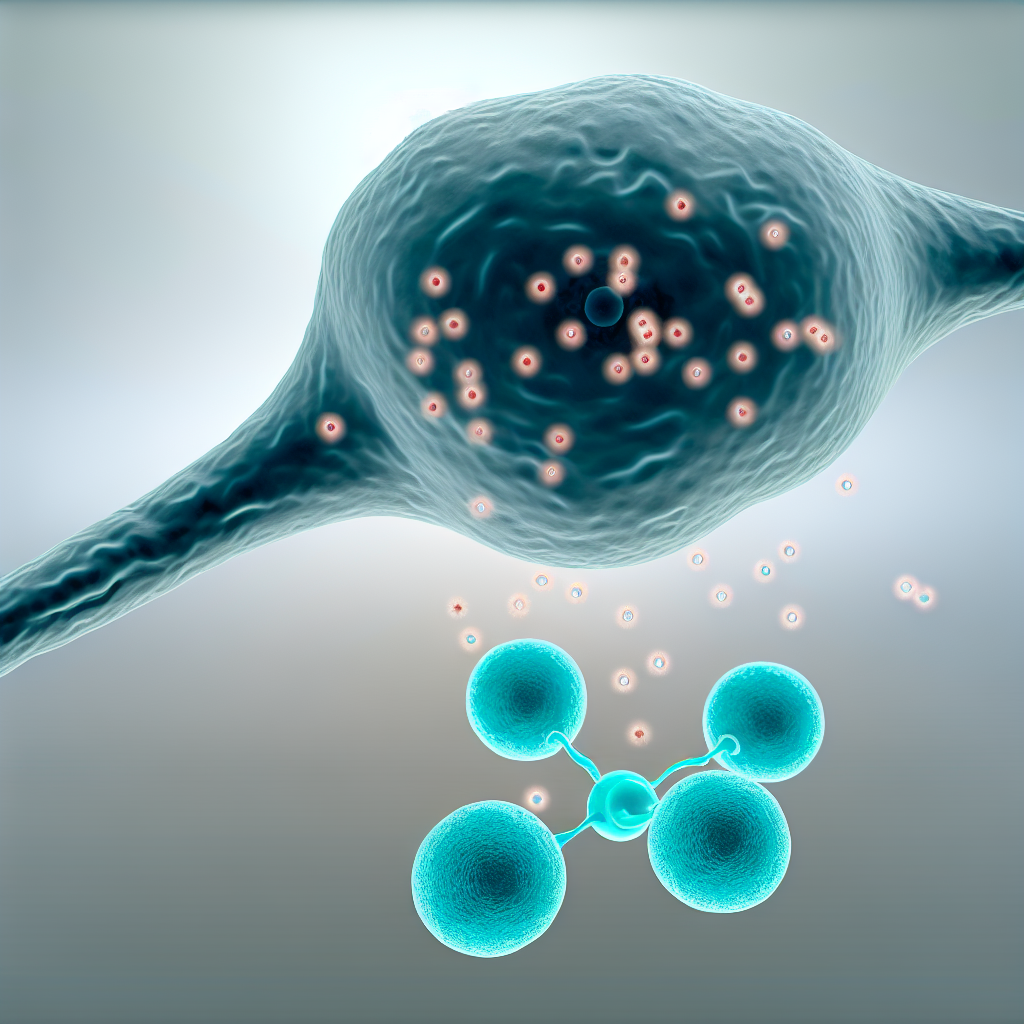Medicinal Mushroom Incorporation in Professional Sports Recovery Programs
Unlocking Peak Recovery: How Medicinal Mushrooms Are Revolutionizing Sports Rehabilitation
In the competitive world of professional sports, athletes constantly strive to optimize performance and recovery while minimizing downtime caused by injuries. Exercise-induced inflammation, oxidative stress, immune suppression, and fatigue are common challenges faced, particularly by elite performers. As sports science evolves, many recovery regimens now increasingly integrate natural solutions alongside conventional therapies. One such natural remedy gaining attention is medicinal mushrooms — adaptogenic fungi known for their potent health-enhancing effects.
Medicinal mushrooms like Cordyceps, Reishi, Lion’s Mane, Chaga, and Turkey Tail offer a range of bioactive compounds that enhance immune function, accelerate muscle recovery, reduce inflammation, and improve mental clarity. These fungi have been used in Eastern medicine for centuries, but only recently are their adaptogenic properties being recognized and studied within modern sports medicine paradigms.
Science Meets Sports: The Backed Benefits of Functional Mushrooms in Athletic Recovery
A growing body of scientific research supports the integration of medicinal mushrooms into sports recovery programs. In particular, Cordyceps sinensis has drawn substantial attention. A 2010 study published in the Journal of Alternative and Complementary Medicine found that supplementation with Cordyceps improved exercise performance and contributed to enhanced VO₂ max among trained athletes (source). Additional findings have verified Cordyceps’ ability to enhance mitochondrial function and reduce lactic acid accumulation, both key mechanisms in muscle recovery.
Lion’s Mane (Hericium erinaceus) is another mushroom with well-documented neurological benefits. A 2014 study in Evidence-Based Complementary and Alternative Medicine demonstrated that Lion’s Mane stimulates the synthesis of nerve growth factor (NGF), a protein essential for the regeneration of neurons and cognitive health (source). Athletes recovering from concussions or managing intense mental demands can benefit from enhanced neuroregeneration and clarity.
Reishi (Ganoderma lucidum), known for its adaptogenic and immunoregulatory properties, has also been the focus of clinical research. A 2007 study showed that Reishi can modulate immune response while decreasing inflammation markers such as TNF-alpha and Interleukin-6, both associated with muscle inflammation and soreness (source). This makes Reishi beneficial for athletes navigating overtraining syndrome or post-exertional fatigue.
Chaga (Inonotus obliquus), rich in antioxidants including superoxide dismutase (SOD), supports cellular repair and reduces oxidative stress — a known contributor to muscle damage and delayed onset muscle soreness (DOMS). Studies published in Mycology and Antioxidants confirm its potential in regulating oxidative pathways and aiding in muscle recovery (source).
Furthermore, Turkey Tail (Trametes versicolor) carries powerful immunomodulatory compounds like polysaccharide-K (PSK) and polysaccharide-peptide (PSP). These compounds help modulate immune responses and hasten recovery from injuries or infections that can sideline athletes (source).
Clinical practitioners are beginning to recommend medicinal mushroom protocols personalized to an athlete’s sport, physical demands, and recovery profile. Some elite teams now include functional mushrooms in their nutritional regimens or post-training supplementation stacks. Brands like Four Sigmatic, Host Defense, and Om Mushrooms have even collaborated with trainers or sports dietitians to build customized recovery solutions.
Conclusion: Mushrooms as the Future of Athletic Resilience
The incorporation of medicinal mushrooms into professional sports recovery programs marks a powerful convergence of ancient wisdom and modern science. With their rich pharmacological profile — from enhancing aerobic capacity and cognitive performance to reducing inflammation and oxidative stress — these fungi offer athletes a natural edge in recovery and resilience. As clinical evidence continues to mount, and teams place greater focus on long-term health, medicinal mushrooms are positioning themselves as key players in functional athletic nutrition. For the modern athlete, mycotherapy isn’t just a wellness trend — it’s an emerging standard in optimizing recovery and sustaining peak performance.
References
- Effects of Cordyceps sinensis on exercise performance in healthy older subjects: a double-blind, placebo-controlled trial
- Neurohealth Properties of Hericium erinaceus Mycelium
- Ganoderma lucidum reduces inflammation by modulating NF-κB and MAPK pathways
- Antioxidant and Anti-Inflammatory Activities of Chaga Mushroom In Vitro and In Vivo
- Polysaccharopeptides and Immunomodulatory Benefits of Turkey Tail Mushroom
Explore more insights on natural therapeutics and medicinal fungi at ShroomFan.com.
Summary:
Professional sports teams are increasingly incorporating medicinal mushrooms like Cordyceps, Reishi, Lion’s Mane, Chaga, and Turkey Tail into their athlete recovery programs. These adaptogenic fungi offer a range of health benefits, from enhancing immune function and accelerating muscle recovery to reducing inflammation and improving mental clarity. Scientific research supports the efficacy of these medicinal mushrooms in addressing common challenges faced by elite athletes, such as exercise-induced inflammation, oxidative stress, immune suppression, and fatigue. As wellness culture deepens within sports communities, medicinal mushrooms are emerging as a safe, natural, and science-backed addition to comprehensive recovery strategies.

Dominic E. is a passionate filmmaker navigating the exciting intersection of art and science. By day, he delves into the complexities of the human body as a full-time medical writer, meticulously translating intricate medical concepts into accessible and engaging narratives. By night, he explores the boundless realm of cinematic storytelling, crafting narratives that evoke emotion and challenge perspectives. Film Student and Full-time Medical Writer for ContentVendor.com




